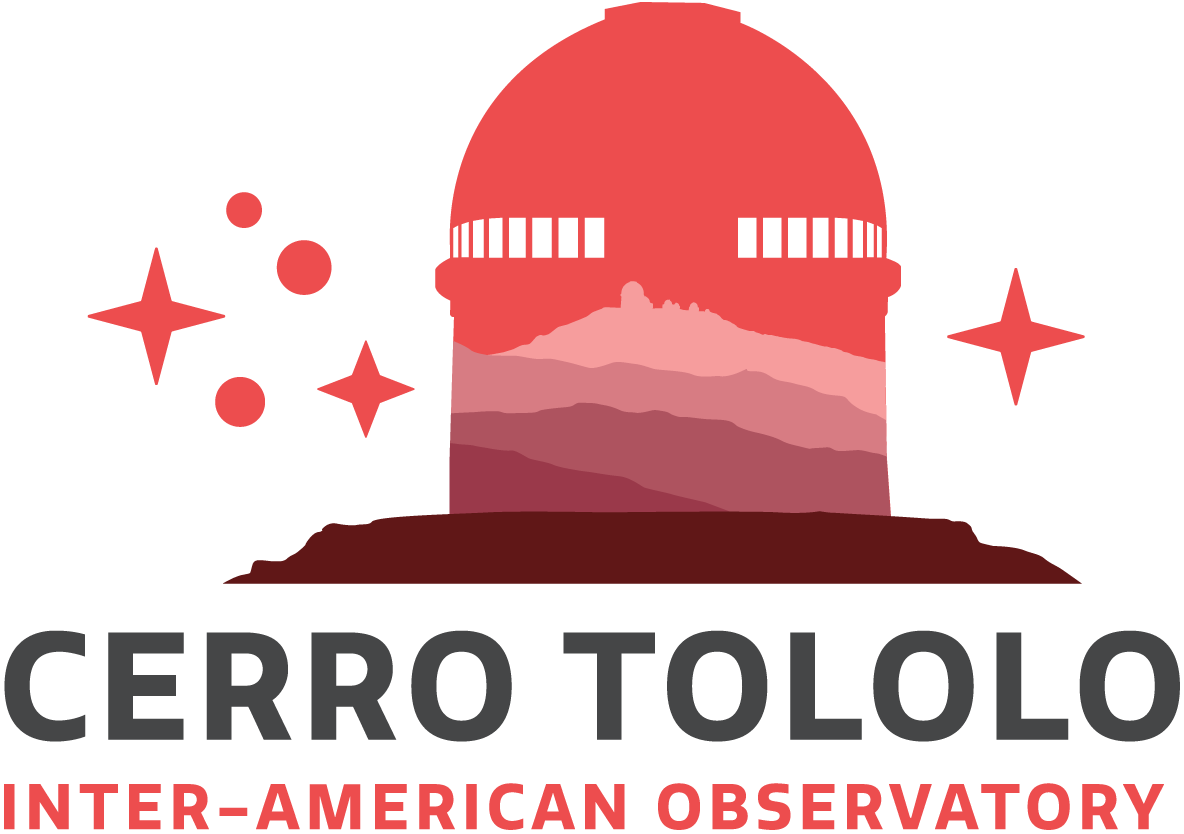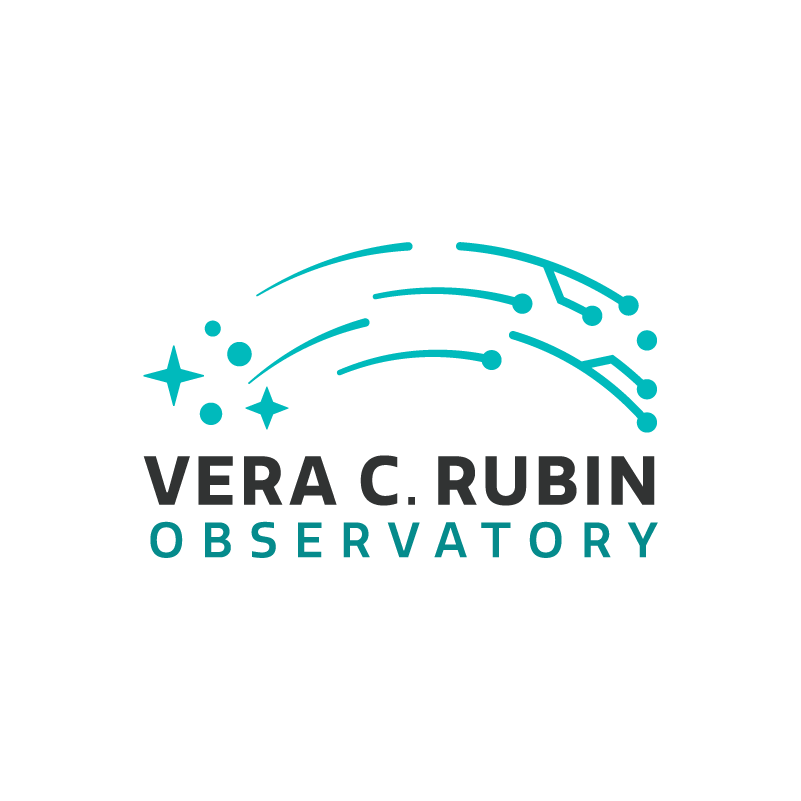NOIRLab Sites to Remain Closed for Public Visits Until 1 February 2021
Online events and experiences continue to be available
7 October 2020
We are continuously monitoring and actively responding to the COVID-19 situation, including taking measures to ensure the safety of our staff, their families and our communities.
Our top operational priority at all sites has been the restart and continuity of science operations. A recent update on progress towards restarting science operations can be found on our COVID-19 web page.
We have assessed the possibility of reopening our sites in Arizona, Hawai‘i and Chile for public visits, but after careful consideration we have concluded the sites will need to remain closed to public visits until at least 1 February 2021. This includes public visits to the Kitt Peak Visitor Center — and the public access to the Kitt Peak site via the mountain road — as well as public visits to our facilities in Hawai‘i (Gemini North) and Cerro Tololo and Cerro Pachón in Chile (CTIO and Gemini South).
With COVID-19 infection rates remaining unpredictable, it is not possible to implement the necessary safety, security, and monitoring activities to allow public visits and this could jeopardize our science operations.
Our online educational events and experiences will continue to be available, including our weekly Live from NOIRLab event on Wednesdays.
As soon as circumstances allow, in-person activities at our sites will resume. The timeline may be different for each site. Updates will be posted on our COVID-19 webpage.
More information
NSF NOIRLab (National Optical-Infrared Astronomy Research Laboratory), the US center for ground-based optical-infrared astronomy, operates the international Gemini Observatory (a facility of NSF, NRC–Canada, ANID–Chile, MCTIC–Brazil, MINCyT–Argentina, and KASI–Republic of Korea), Kitt Peak National Observatory (KPNO), Cerro Tololo Inter-American Observatory (CTIO), the Community Science and Data Center (CSDC), and Vera C. Rubin Observatory. It is managed by the Association of Universities for Research in Astronomy (AURA) under a cooperative agreement with NSF and is headquartered in Tucson, Arizona. The astronomical community is honored to have the opportunity to conduct astronomical research on Iolkam Du’ag (Kitt Peak) in Arizona, on Maunakea in Hawaiʻi, and on Cerro Tololo and Cerro Pachón in Chile. We recognize and acknowledge the very significant cultural role and reverence that these sites have to the Tohono O’odham Nation, to the Native Hawaiian community, and to the local communities in Chile, respectively.
Contacts
Amanda Kocz
Press and Internal Communications Officer
NSF NOIRLab
Cell: +1 520 318 8591
Email: akocz@aura-astronomy.org






